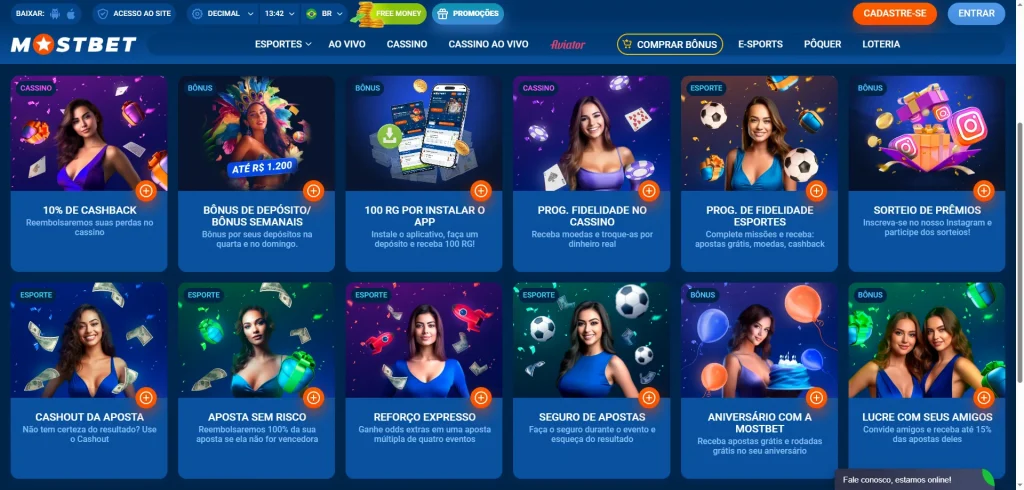Regulated vs. Unregulated Gambling Markets: Pros, Cons, and Global Trends
Welcome to a comprehensive exploration of regulated and unregulated gambling markets. In this article, we will delve into the pros and cons of these two models, examine the global trends shaping the industry, and address some key questions surrounding the topic. Let’s embark on this insightful journey together!
Regulated Gambling Markets
Regulated gambling markets are characterized by strict government oversight and licensing requirements. Operators must comply with a set of rules and regulations designed to protect consumers, prevent problem gambling, and ensure fair play. These markets offer a level of legitimacy and security that is often lacking in unregulated environments.
Pros of Regulated Gambling Markets:
- Consumer Protection: Regulated markets provide mechanisms for resolving disputes, ensuring that players are treated fairly, and protecting vulnerable individuals from harm.
- Revenue Generation: Governments can collect tax revenue from licensed operators, contributing to public services and infrastructure development.
- Fostering Innovation: Regulation can stimulate innovation in the industry by encouraging operators to adhere to high standards of quality and integrity.
Cons of Regulated Gambling Markets:
- Compliance Costs: Operators in regulated markets may face significant compliance costs, including licensing fees, regulatory audits, and ongoing monitoring requirements.
- Lack of Flexibility: Regulatory frameworks can sometimes be rigid and slow to adapt to technological advancements, potentially stifling innovation.
- Black Market Competition: Despite regulation, illegal gambling operators may still operate in the shadows, competing with licensed providers and undermining consumer protection efforts.
Unregulated Gambling Markets
In contrast, unregulated gambling markets operate without government oversight or formal licensing requirements. While they offer more freedom and flexibility to operators, they also pose risks to players and the integrity of the industry as a whole.
Pros of Unregulated Gambling Markets:
- Flexibility: Operators in unregulated markets have more freedom to innovate and experiment with new products and services without being bound by strict regulations.
- Lower Costs: Without the burden of regulatory compliance, operators in unregulated markets may enjoy lower operating costs and higher profit margins.
- Market Competition: Unregulated markets can foster healthy competition, driving innovation and offering consumers a wider range of options.
Cons of Unregulated Gambling Markets:
- Lack of Consumer Protection: In the absence of regulation, players are at greater risk of falling victim to fraudulent activities, unfair practices, and problem gambling.
- Lack of Accountability: Without regulatory oversight, operators may act with impunity, disregarding ethical standards and exploiting vulnerable individuals for financial gain.
- Social Harms: Unregulated gambling markets can contribute to social ills such as money laundering, corruption, and organized crime, undermining public trust and safety.
Global Trends in Regulated and Unregulated Gambling Markets
The landscape of regulated and unregulated gambling markets is constantly evolving, shaped by technological advancements, shifting consumer preferences, and regulatory developments around the world. Let’s explore some of the key trends driving this dynamic industry:
Mobile Gaming Revolution:
From online casinos to sports betting apps, mobile gaming has transformed the way people access and engage with gambling services. The rise of smartphones and tablets has created new opportunities for operators to reach a global audience, but it has also raised concerns about responsible gambling and underage access.
Cryptocurrency Integration:
The emergence of cryptocurrencies like Bitcoin has enabled operators to offer decentralized payment options, enhanced privacy, and faster transactions to players. However, regulatory authorities are grappling with the challenges of regulating digital currencies in the gambling sector, particularly in terms of anti-money laundering and consumer protection.
Esports Betting Boom:
The popularity of esports competitions has spawned a lucrative betting market, allowing fans to wager on their favorite teams and players in virtual battles. This trend has attracted a younger demographic to gambling and prompted discussions about the need for tailored regulations to address the unique risks posed by esports betting.
Questions and Answers
Let’s address some common questions about regulated and unregulated gambling markets to deepen our understanding of this complex topic:
Q: What are the main differences between regulated and unregulated gambling markets?
A: Regulated markets are subject to government oversight, licensing requirements, and consumer protection measures, while unregulated markets operate without formal regulation, risking player safety and industry integrity.
Q: Can regulated gambling markets coexist with unregulated ones?
A: It is possible for regulated and unregulated markets to coexist, but this can lead to compliance challenges, unfair competition, and inconsistencies in player protection standards.
Q: How can global cooperation improve the regulation of gambling markets?
A: By sharing best practices, harmonizing regulatory standards, and collaborating on cross-border enforcement efforts, countries can enhance the effectiveness of regulatory frameworks and combat illicit gambling activities.
Conclusion
In conclusion, the debate between regulated and unregulated gambling markets is a complex and nuanced one, with both models offering unique benefits and challenges. As the global gambling industry continues to evolve, policymakers, operators, and consumers must engage in constructive dialogue to shape a sustainable and responsible gaming ecosystem. By striking a balance between innovation and regulation, we can ensure that gambling remains a safe and enjoyable form of entertainment for all. Thank you for joining us on this illuminating journey!



